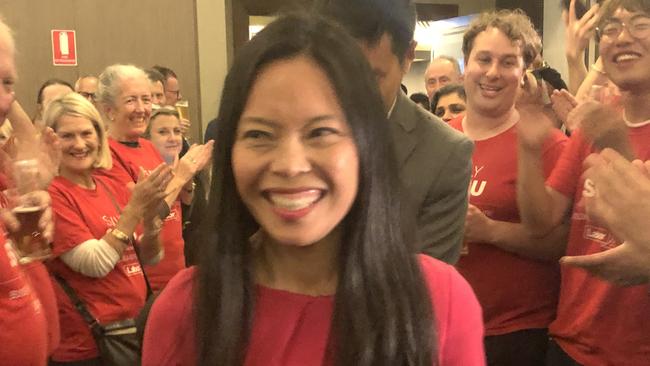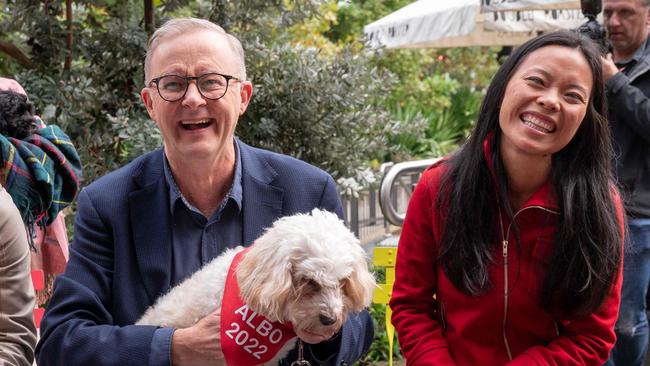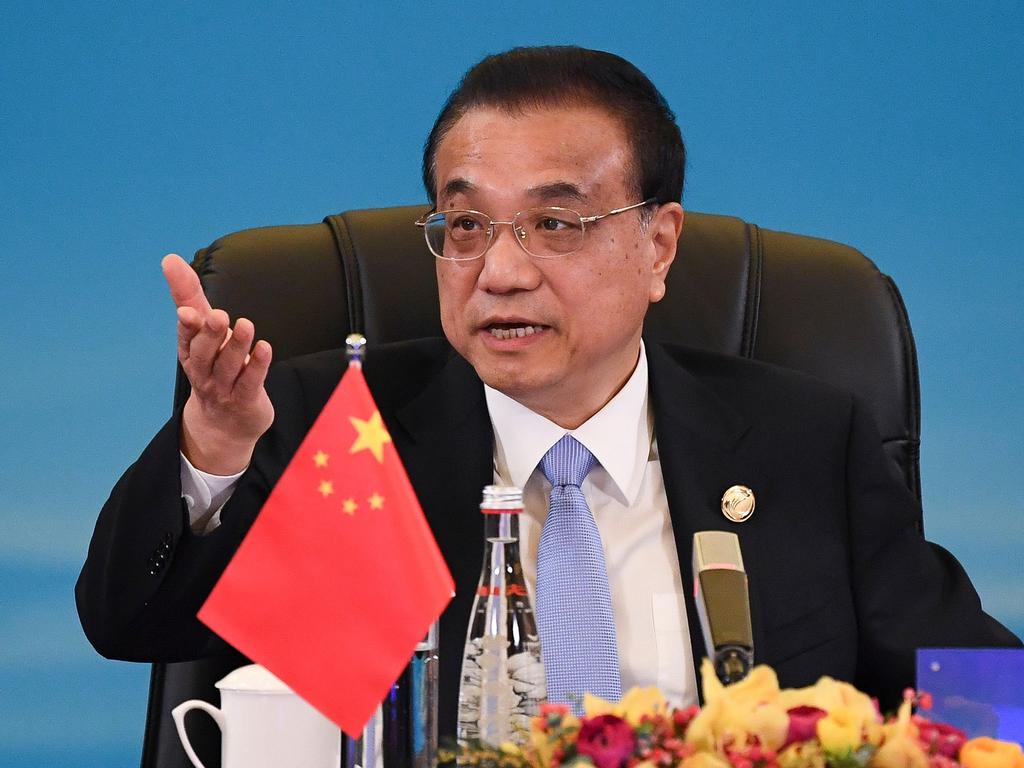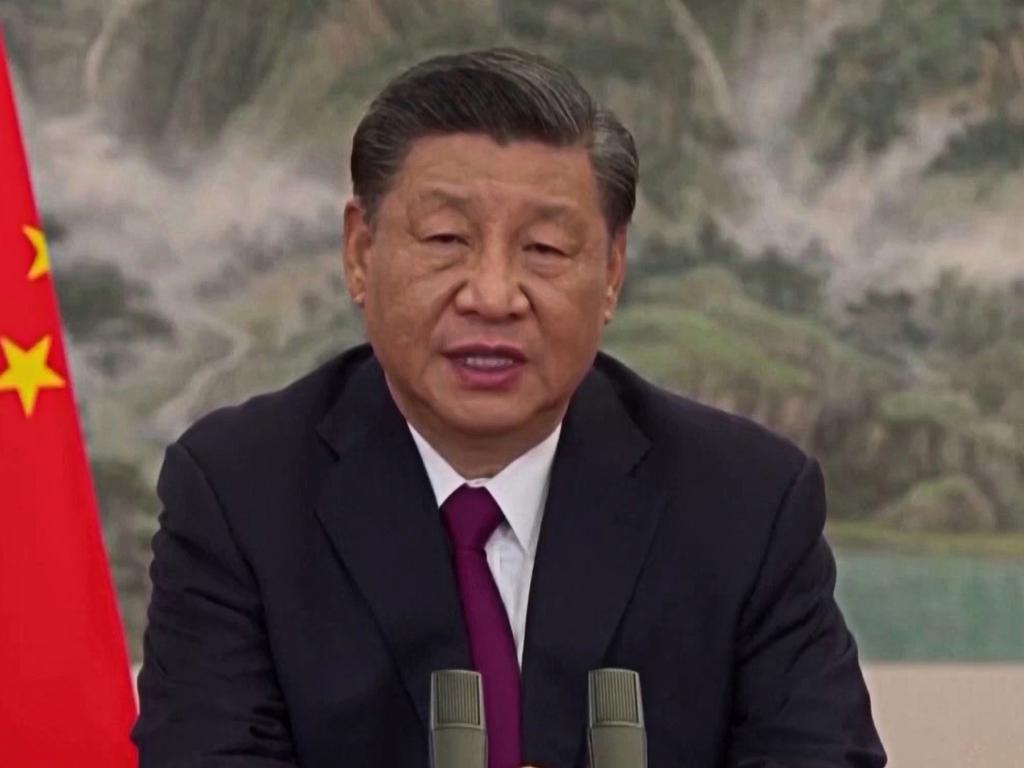Election 2022: Beijing baiting cost Liberals key seats
Chinese-Australians have abandoned the Coalition in large numbers over the Morrison government’s strident anti-Beijing rhetoric.

Traditionally pro-Liberal Chinese-Australians abandoned the Coalition in large numbers over the Morrison government’s anti-Beijing rhetoric, helping Labor and independents win victory in key marginal seats.
Strategists from both sides of politics had warned of a “silent uprising” in at least six crucial NSW and Victorian electorates with high proportions of Chinese-Australian voters. Of these, the Liberal seats of Reid, Bennelong and Chisholm have gone to Labor; treasurer Josh Frydenberg lost Kooyong to independent Monique Ryan; North Sydney has fallen to independent Kylea Tink; and Parramatta was held by Labor’s Andrew Charlton.
In the inner-west Sydney seat of Reid, Labor’s Sally Sitou, who is of Chinese heritage, beat incumbent Liberal Fiona Martin, with a two-party-preferred swing of 8.7 per cent.
“There’s no doubt the Chinese-Australian community has turned against the rhetoric of Morrison and Dutton,” Ms Sitou said. “They were talking about the drumbeats of war and trying to heighten tension with China; there’s no doubt the community really turned on the Coalition.”
Liberal strategists believed the China issue had significant mainstream voter appeal, but comments by former defence minister Peter Dutton that Australia should “prepare for war” shocked many in the Chinese-Australian community.
“I just don’t know why they thought that was going to be a winning strategy, and then with the failure in the Solomon Islands, they were on very weak footing and I really think that had an impact in the seat,” Ms Sitou said.

Almost 75 per cent of Chinese-Australians backed Labor in an online poll published shortly before the election by Media Today, one of the country’s largest Chinese-language media groups, with under 18 per cent supporting the Coalition.
Australia-China relations dominated concern for voters, with 81 per cent worried about the direction of the relationship between the two countries.
Ms Sitou said the result in Reid was “a demonstration of a deep desire for these communities to be accepted in this country and for them not to be used as a kind of political football or become collateral damage in a ratcheting up of tensions”.
Early in the campaign, Ms Sitou had to battle smears that her Chinese heritage meant she was somehow connected to the Chinese government or had divided loyalties. “My loyalties have only ever been to Australia,” she said in response. “That they are being questioned now speaks to undertones of racism I fear are spreading.”
The Chinese-Australian vote played a critical part in the victory of Ms Ryan over Mr Frydenberg in Kooyong, according to Melbourne businessman and community leader Alex Lim. “We were pro-Liberal at the last election, but Scott Morrison and especially Peter Dutton, they are very right-wing,” said Mr Lim, who lives in Kooyong.
“It’s not because of the parties, it’s because the policy of the Liberals suddenly seems to be very, very anti-China.”
Mr Lim, who is also president of the Chinese Chamber of Commerce of Victoria, said while he thought Mr Frydenberg was a decent man, the community had been taken for granted.
Mr Lim said the chamber had reached out to Mr Frydenberg two months before the election, but received no reply.








To join the conversation, please log in. Don't have an account? Register
Join the conversation, you are commenting as Logout